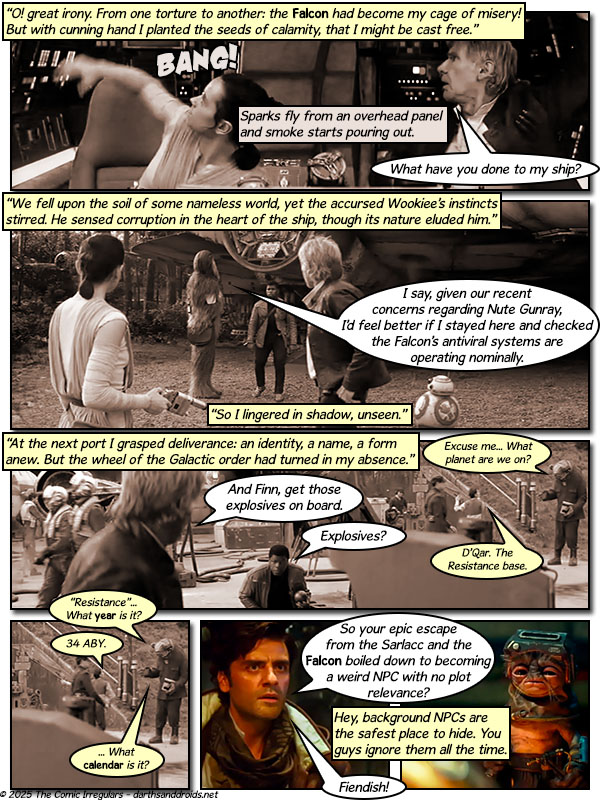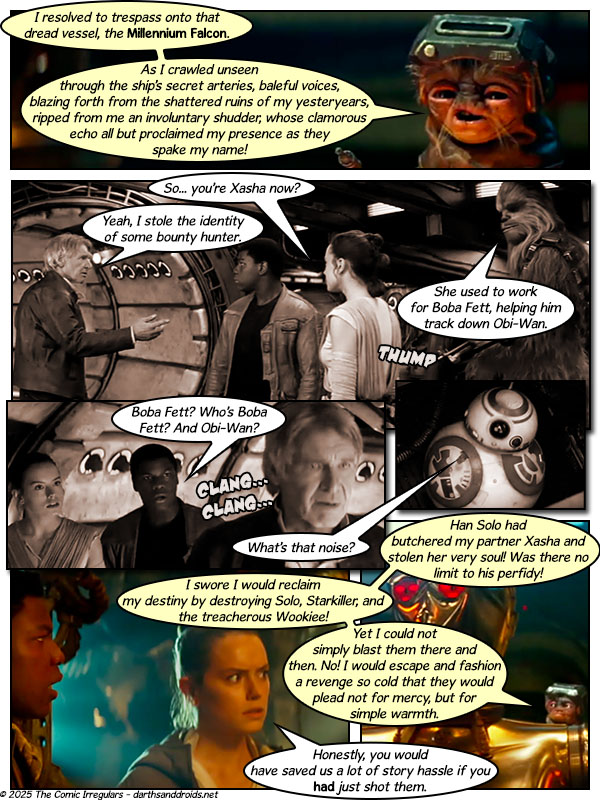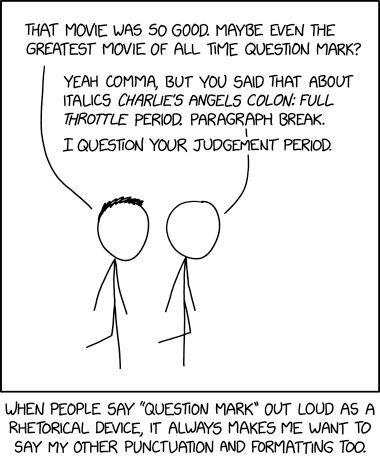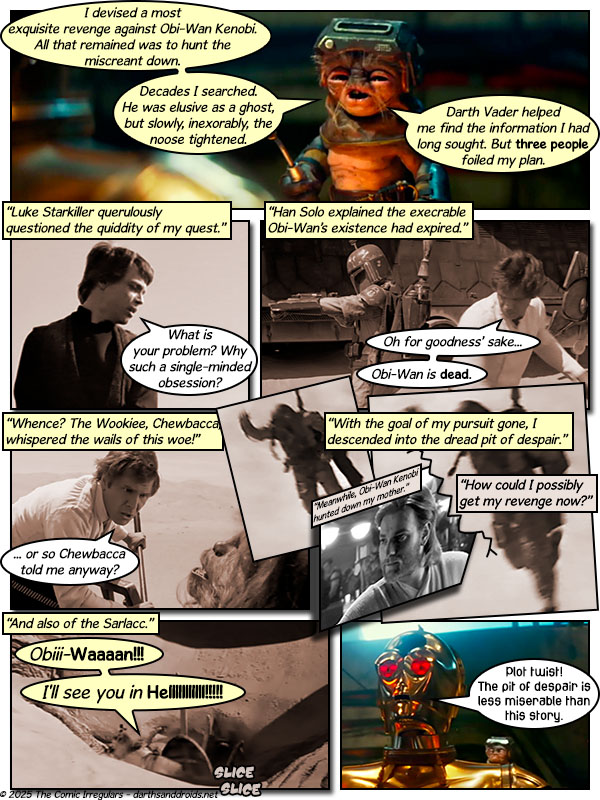Posted by languagehat
https://languagehat.com/rebetika/
https://languagehat.com/?p=18268
I find it hard to believe I’ve never posted about rebetika, since not only do I love the music (when I was in Athens I sought out a dusty record store where I could buy some LPs I then had to lug back to New York) but the word itself is very interesting. For one thing, there’s no unanimity on how to spell it; Wikipedia has it under Rebetiko (“plural rebetika […], occasionally transliterated as rembetiko or rebetico), while the OED (entry from 2002) has it s.v. rebetika (sadly, it’s not in M-W or AHD under any spelling). Here’s the OED definition, which is quite discursive:
A style of Greek popular song, characterized by lyrics depicting urban and underworld themes, a passionate vocal style, and an ensemble accompaniment played esp. on stringed instruments such as the violin, bouzouki, etc.; (with plural agreement) the songs themselves. Also (in form rebetiko): a song in this style. Frequently attributive.
First recorded commercially in Turkey before the First World War (1914–18), rebetika is assumed to have long existed (under various other generic names) as an oral tradition in Mediterranean seaports and prisons. Following the Greco–Turkish war of 1919–22, the genre became associated with the numerous Anatolian refugees settling in Athens. Extensively recorded and performed in the 1920s and 1930s, notably by immigrants from Asia Minor, Piraeus bouzouki players, and Greek Americans, rebetika also became known in English as ‘Greek Blues’ or ‘Piraeus Blues’.
But it’s the etymology that makes it a must-post, and happily Martin Schwartz has sent me a recent article of his on the subject. First I’ll provide the OED version:
< modern Greek ρεμπέτικα, plural of ρεμπέτικο eastern-style song of urban low life, use as noun of neuter singular of ρεμπέτικος of vagabonds or rebels, probably < ρεμπέτης rebetis n. + ‑ικος ‑ic suffix.
Notes
On the further etymology, compare note at rebetis n.
The forms with ‑mb‑ arise from the influence of an idiosyncratic transliteration of the modern Greek (in which the sequence ‑μπ‑ normally represents b), originally in G. Holst Road to Rembetika (1975).
(I think of it as rembetika because I was introduced to it by that Gail Holst book, which I recommend.) Now to Martin’s “A rebetic roundup: people, songs, words, and whatnot” (published as ch. 27 of The SOAS Rebetiko Reader); I’ll quote some bits and urge you to visit the link for more:
Today the adjective “rebetika”, as used by the majority of Greeks, refers to urban Greek music of the earlier half of the 20th century, and is associated with lyrics reflecting lower class culture – drugs, thugs, drink, pimps, prisons, poverty, illness, alienation and thwarted love – although the wide range of the genre makes it describable as an urban popular music, with a déclassé aspect. Indeed, its songs, which are for the most part based on several fixed dance rhythms, played an important role in the Greater Athenian recording and nightclub scene from shortly after the 1922 Asia Minor Catastrophe well into the 1950s and to some extent later. The term “rebetika” has, to shifting degrees, been applied to two successive but overlapping chronological varieties. The first, from ca. 1923 to 1937, is characterised by musical styles, instruments, and vocal techniques continuing, or much influenced by, those of the Greeks of Turkey, chiefly of Smyrna and Constantinople, and including material of Turkish origin. The second, from the early 1930s into the 1950s, while thematically and choreographically related to the first, featured the bouzouki, an earthier singing style, and an increasingly Greco-European profile. […]
Although I am marginally a “rebetologist”, my central discipline is as an etymologist, historical linguistics being my chief academic activity. It is from this perspective, with the aid of some “rebetological” data, that I shall address the history of the terms rebétis and rebétiko / rebétika.
A preliminary notice: I use the transcription rebétika as representing the pronunciation used by most Greeks, as against the often encountered “rembetika”; in Greek spelling, μπ (mp) is necessary to indicate the sound /b/, and in this instance the μ (m) is silent, but wrongly present as a frequent transcription into Latin letters.
After dismissing some other theories (deriving it from alleged Pre-Modern Turkish rebet asker, Greek rébelos ‘a rebel,’ and Arabic ribaṭ), he continues:
The most fruitful direction for our linguistic quest is to proceed from Ancient Greek PEMB- (rhemb-, Mod. Gr. remv-) ‘to wander’, which gives re(m)b- (with-μπ-) in various Late and Modern Greek verbs and nouns referring to loafing, laziness, relaxed enjoyment, etc.; see Gauntlett 1982: p. 90, fn. 51. With the base rebet- itself is the word rebéta found in several literary attestations from 1871 onward as an argot term in Smyrna and Constantinople for ‘a lower-class neighborhood populated by criminals’ (from ‘unruly place’, as still used in 1895 by N. Georgiadis for the festivals [pane(gh)iria] in Silivri). It is interesting that when in 1918 the Constantinopolitan N. Sofron, writing sketches of everyday life in his city, took as a nom de plume Rebétos derived from rebéta in its older usage, and not from rebétis, which shows that the latter form was not yet common. For rebétis, the first occurrence (date unclear to me) seems to be in Nikolaos G. Politis’ serial ethnographic volumes called Paradoseis, in which a character named Giannis the Rebétis figures, although nothing informative is said of him, and, as we shall see, rebétis is not found again until 1923. […]
There remains the question of the newly emerged earliest literary occurrence of “rebetiko” as connected with this designation on the record labels, and the relationship of rebétis to both, which gets us back to our linguistic inquiry. Vlisidis’ material indeed disproves the idea that the term “rebetiko” on record labels was (as proposed by Panos Savvopoulos) just an invention on the part of the recording companies. As Vlisidis indicates, the record labels from 1912-1913 bearing the characterisation “rebétiko” drew on a word which was current at the time. However, Vlisidis’ further proposal, that the literary material which calls itself rebétiko/a was reflected by these discs is problematic. The underclass nature of the diction, as well as the thematics of the four poems which are called “rebétiko / rebétika”, differ dramatically from what we find for the two 1912/13 light love songs called “rebétiko” on the record labels, and also from the many subsequent recordings bearing that epithet on the label. […]
We now have enough material to offer a solution to the problem of the term rebétiko. A linguistic approach would also involve distinguishing between and then reconciling the various usages of what are in fact complexly related words, rebéta, rebétiko, and rebétis. As a mannerism first used literarily in 1912, rebétiko would be an adjectival invention, ‘pertaining to the rebéta’, i.e. ‘that which belongs to the underclass realm’. From popular magazines of the period (cf. Vlisidis), it would have been noticed by Greeks involved in the recording industry, who however took it to be derived from the verb re(m)bo etc. referring to rambles, indolent or relaxed enjoyment, the word thereby providing for the categorisation of discs a trendy-sounding designation of miscellaneous light songs, such as we find in “Aponia” and “Tiki Tiki Tak”. Toward the mid-1920s, however, with the emergence of rebétis for a member of a lower-class subculture, music pertaining to the latter world began to enter the miscellaneous industrial category, explaining the diverse and contradictory range of recordings labeled “rebétiko”.
This now calls for an account of the origin of rebétis. Politis’ obscure attestation of rebétis may reflect a temporary neologism based on one hand on rebéta (cf. Georgiadis’ 1918 rebétos) and on the other hand constituting a regular derivation with -étis from the verb root ré(m)b-, see Gauntlett 1982, pp. 90-91 for parallels; note however that such a derivation is not “undermined” by nouns with -étis yielding adjectives with -etikós vs. the accentuation of rebétiko, which precedes, and is NOT derived from rebétis. For the formation of the more conclusive 1923 attestation of rebétis by “Smyrnios”, one has, alongside a deverbal explanation of rebétis, the possibility of a “back-formation” from rebétiko ‘pertaining to the underclass realm’. Given the 1923 attestation of rebétis and its continuation by Markos in his 1933 “O Harmanis” [The drug-deprived one], Pikros’ 1925 mention of rebéta as in effect the feminine equivalent of rebétis seems suspicious; one would rather expect rebétisa (cf. ghóis [Anc. Gr. góēs] ‘sorcerer’: ghóisa ‘sorceress’ continuing the ancient fem. suffix -issa), which is found canonically in our songs. Given that rebétis itself was still only marginally attested, perhaps Pikros had misunderstood a phrase with the probably already obsolescent rebéta ‘lower-class milieu’, taking the latter as its female personification, or, in a context referring to a group of people, he misinterpreted rebétes as a plural of rebéta rather than of rebétis.
There’s much more (e.g., “It is possible that the suffixation of rebétis was supported by a traditional underclass word of the same semantic field, serétis ‘tough guy’, of Turkish origin”), but I will reluctantly stop quoting and send you to the link. I just want to add something about the difficult issue of nasal + consonant clusters and how to transliterate them. Peter Mackridge, in his excellent 1987 The Modern Greek Language (Amazon, Internet Archive), writes:
To begin with the combinations of nasal + consonant that existed in traditional demotic, some dialects always pronounced the nasal fully, others always omitted it completely, while others displayed a certain variety. Grammarians, on the other hand, have taught that these combinations should be pronounced with or without the nasal according to whether the nasal was present in an earlier version of the word […]. With the rise of literacy, however, speakers have usually treated every instance […] alike, that is, either always with or always without the nasal, according to each speaker’s idiolect. Furthermore, it cannot be expected that speakers will know the etymological origin of all the words they use.
Most scholars now seem to have settled on nasalless versions, but I confess it makes me uneasy, since I always think of the Greek script with its nasals. I also have to point out that my two bilingual dictionaries, D. N. Stavropoulos’s Oxford English-Greek Learner’s Dictionary and J. T. Pring’s Oxford Dictionary of Modern Greek, handle these words very differently; the former has ρεμπέτης ‘outcast, scamp, rebetis’ and ρεμπέτικος ‘of/from a rebetis,’ while the latter has only ρεμπέτικο ‘sort of popular song in oriental style.’ And as I look at those entries, I note the following word in each: Stavropoulos has ρεμπούπλικα ‘trilby, homburg, felt hat,’ whereas Pring has ρε(μ)πούμπλικα ‘trilby or homburg hat’ (Wiktionary has it as ρεπούμπλικα). Truly Greek is a land of contrasts.
https://languagehat.com/rebetika/
https://languagehat.com/?p=18268








